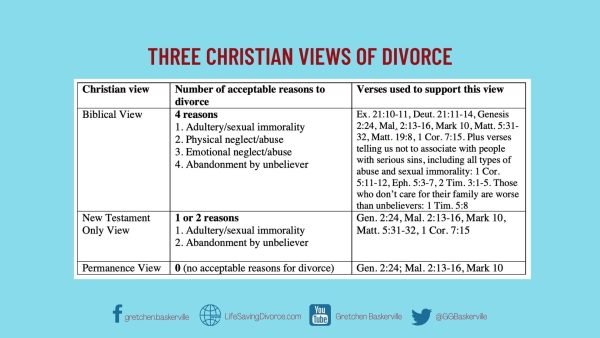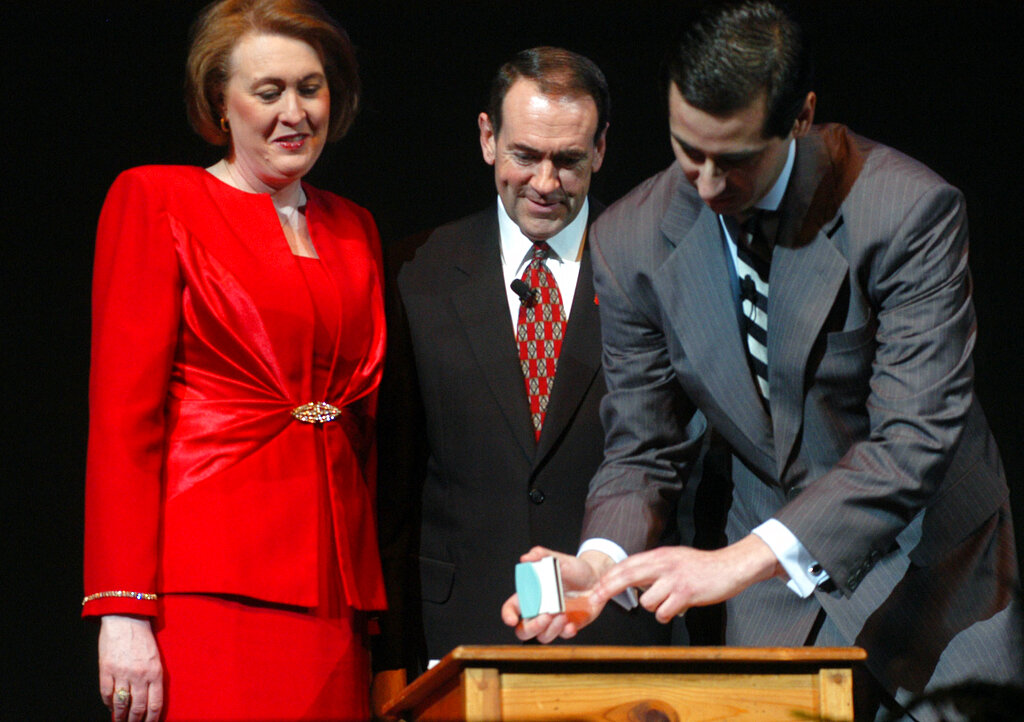A bill that takes the government out of the marriage business also makes it harder for couples to divorce.
House Bill 931 would make Texas the fourth state to allow people to enter covenant marriages or sign contracts agreeing to marriage. Louisiana was the first state to legalize covenant marriages in 1997. House Speaker Mike Johnson, R-Louisiana, and his wife wed in a covenant ceremony, but few people in the state have followed suit.
“Because so few people have chosen covenant marriage in Louisiana, it seems like an unpopular choice,” Johnson told the AP in 2001. “It’s not unpopular. It’s just unknown. Once the message is out there, a whole lot more people will choose it.”
Covenant marriages are also legal in Arizona and Arkansas.
House Bill 931, sponsored by Cody Vasut, R-Angleton, would amend legislation throughout Title 1 of the Texas Family Code, namely in chapters 2 and 6, related to the creation and dissolution of marriage.
Edward Jaax, Cody Vasut’s chief of staff, said the main goal is to strengthen marriages.
In a covenant marriage, both parties must sign the affidavit of intent to be wed for life in a loving, honoring and caring marriage. The bill also outlines requirements for a minimum of five hours of pre-marital counseling and a minimum of six hours of marital counseling before a divorce can be filed.
As an incentive, a covenant marriage license would be free in Texas while a traditional marriage license would still have a fee of $60 if no premarital education classes were completed.
Arizona and Arkansas legalized covenant marriage in 1998 and 2001 respectively. They were the only states to follow suit and only 1 to 2 percent of couples in the three states chose to enter into a covenant marriage, according to SSRN in 2006.
As the one of the only bills in the last century to make divorce laws stricter instead of more lenient, many look to the conservative evangelicals to support it.
Arizona adopted covenant marriage in 1998, but Arizona Presbyterian (PCA) pastor, Scott Brown said he had only heard of it broadly.
“It’s never even crossed my mind when I do a wedding to be like, ‘make sure you do your wedding this way,’” he said.
If Texas were to approve covenant marriage it would be an option not be a requirement.
“I just think I think it’s kind of an interesting thing for the state to enter into this covenant concept and offer an alternative like, ‘You, you can have a marriage where it means very little, and over here, you’re gonna have one that is a covenant,’” Brown said. “But generally speaking, when you sort of take the idea of the state out of it, yes, I think premarital counseling is a really important thing, and ongoing counseling is a super important thing.”
While Brown and other elders at his church in Arizona often do encourage couples to go through premarital counseling, he said the covenant in marriage is between one another and God, not the state.
As both author and sponsor, Vasut is an outspoken Christian conservative. He is married with three children. If his bill passes, Vasut could retroactively enter into a covenant marriage with his wife, attending marital counseling signing the affidavit.
Many of the concerns with the bill revolve around the stringency of the divorce option.

Life Saving Divorce, a Christian blog aiding to help individuals facing divorce on serious grounds, outlines three Christian worldviews on divorce.
Gretchen Baskerville, the author behind Life Saving Divorce, subscribes to the “Biblical View,” but other denominations such as the Catholic church subscribe to a “Permanence View.”
While the Catholic church does recognize civil divorce, only an annulment can break the covenant of marriage.
“Not all marriages begin as they should, and some people (even Catholics) will marry for the wrong reasons or with ignorance of the reality of what marriage is in the eyes of God,” according to the Catholic Times Columbus. “These unions are invalid from the beginning, and an annulment recognizes this.”
Brown said he would be concerned with the state deciding whether divorce is or isn’t legally valid, believing divorce to be an issue between the wedded couple and the elders of the church.
Based on the current legislation, emotional abuse specifically would be harder to prove, and the delays of required counseling and review periods would slow down the divorce process significantly on the legal side, according to Life Saving Divorce.
“I would not want the state impeding a divorce where there was abuse,” Brown said. “And I wouldn’t want the state interpreting what that is. I would want the person to work through it with their pastors and elders and counselors and things like that to determine whether the situation is grievous enough to warrant a Biblical divorce.”
While a wedded couple in a covenant marriage can get divorced on the grounds of “insupportability,” cruelty, adultery, abandonment and the like, the signed affidavit states “If we experience marital difficulties, we commit ourselves to take all reasonable efforts to preserve our marriage, including marital counseling.”
The counseling must be faith-based or science-based by a clergy member or licensed professional before the state grants them a divorce.
“What some of the counseling is on the front is to make sure everybody’s on the same page,” Jaxx said. “We’ve actually gotten some support from individuals, and I forget their names, who are in an abusive relationship, but they’re interested in it because their perspective was that there could have been signs more on the front end if there was some more guidance.”
The bill has yet to be referred to committee.










